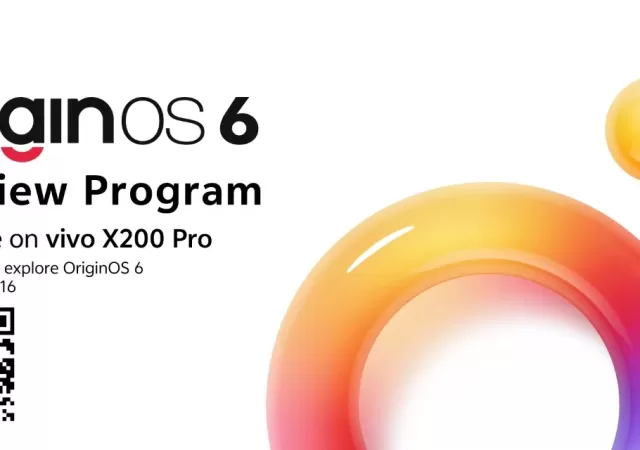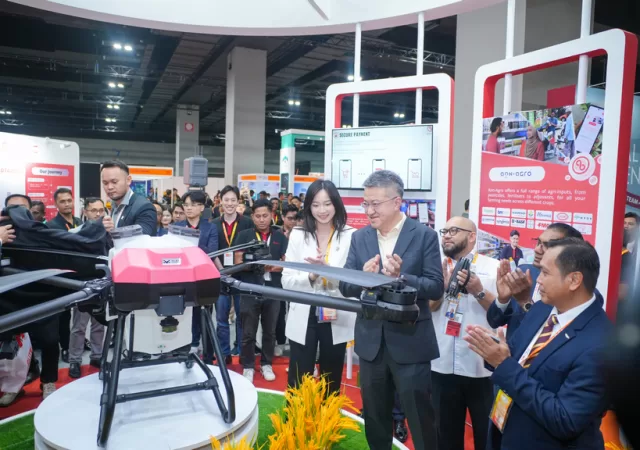The Google Pixel series has always been a much-loved series of devices. Google’s decision to move out of the flagship hardware space and into the mid-range segment was met with a lot of glee. Not because it was a funny decision, it was a decision that gave a lot of people access to what Google deems as the standard for their smartphones.
In the four iteration of the Google Pixel smartphone range, Google has always been relying on Qualcomm to supply their processing chips. While Google may not be able to complain much in terms of power, there are a few things that even today’s most powerful System on a Chip cannot solve. Google understands that and wants to solve that with their Pixel series. It starts with the Google Pixel 6 and Pixel 6 Pro with what Google calls the Google Tensor System on a Chip (SoC).
We will talk about the Google Tensor chip as more information on it becomes more available, we promise. For now, we do want to focus more on the Pixel 6 and Pixel 6 Pro devices. They are what you are here for, correct?
Still, if you must ask, Google Tensor is something that Google had been working on for a few years. It is nothing like the Qualcomm Snapdragons or Samsung Exynos chips that we have seen in other smartphones. It is specifically made for Google, with Google’s input, in solving real world problems that Google sees fit – linguistic programming.
Android 12
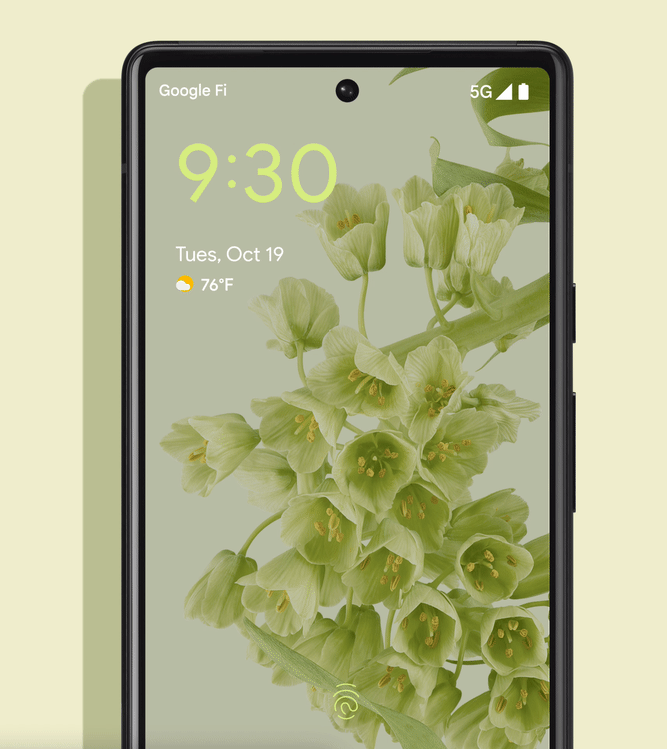
Of course, we have to start with Google’s latest and greatest in terms of operating system. We are not going to elaborate too much on Android 12 though because we have covered it before, and you can read all about it here. Google’s Android 12 is very much built for the Pixel 6 and Pixel 6 Pro, and you can tell. Material You on the Pixel 6 devices are meant to look natural and has even more functions than your average Android 12 devices. For security, the Pixel 6 series will pack Google’s own developed Titan M2 chip for best-in-class hardware level security. That also allows google to support the device for up to five years.
New Bigger, Better Camera
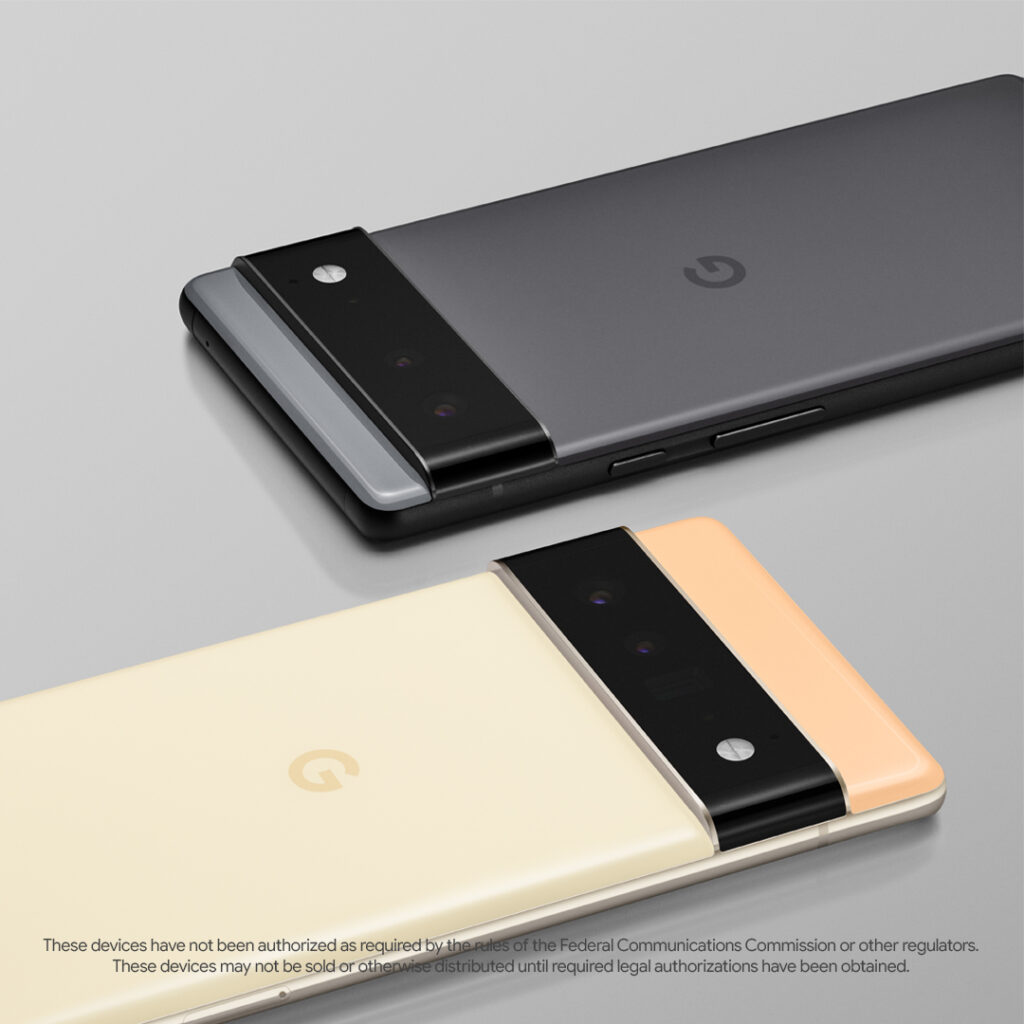
One of the biggest improvements on the Google Pixel though is in its camera. Where others have been struggling to find new ways to innovate, Google found a different path. Instead of piling on more Megapixel and more hardware power on the issue of photography, Google uses their know how of machine learning and artificial intelligence to solve the complex problems that comes with photography.
That said, it is not like Google did not improve the Pixel 6 and Pixel 6 Pro sensors. They now get a 50-Megapixel sensor that measures in at 1/1.3-inch. Its larger size also means that it can absorb 150% more light than before. Certain things just cannot be solved with software alone, and this is one of them; it simply is just a physics problem. More light also means that the photos you get comes with more detail and better colours.
Where the Pixel 6 stops at a 12-Megapixel Ultrawide camera, the Pixel 6 Pro comes with an additional 48-Megapixel telephoto camera. Both devices shoot videos at 4K 60fps of course. The Pixel 6 Pro sports an 11.1-Megapixel front camera that is also capable of shooting videos at 4K 30fps though.
Again, Google’s Pixel 6 and Pixel 6 Pro’s camera improvements are more than just a hardware update. Thanks to Tensor, the camera on the Google Pixel 6 and Pixel 6 Pro is in a class of its own. One of the updates comes in the form of an improved Super Res Zoom that allows you to get up to a 20x zoom photo with little loss to detail, even if it is captured by using a 4x zoom lens.
Then there is Magic Eraser. It is exactly what it sounds like, an eraser for your photos, and it is magic. You no longer need to go to a single site, take a lot of photos, load those photos on to Adobe Photoshop and combine them to create a photo with no human subjects, or to erase a certain object in the photo. Instead, you simply take a photo with your Google Pixel, tap on the subjects you do not want in your photo, and voila. The only other device that is known to do that is HUAWEI’s Mate 40 series. This is possible though, thanks to Tensor.
There is also a Motion Mode for more artistic Action Pan and Long Exposure photos, but without the hassle, hardware, or even skill. You simply take a photo of your subject, be it a fast-moving car, bicycle, or even your friend against a busy street or train station. The camera app cleverly understands your environment and subject, and then creates a stylish blurred background to simulate motion which adds an artistic flair to your photos, all without needing any extra gear or time.
The most important improvement in the Google Pixel camera though is in its Real Tone. The improvement in the colour science in smartphones comes a long way. That also means that the Pixel 6 and Pixel 6 Pro can reproduce much better and more accurate skin tones, especially with coloured skins. Thanks to Machine Learning as well, the improvements of recognising various skin tones also spreads to Google Photos.
Language Barrier? Not a Problem
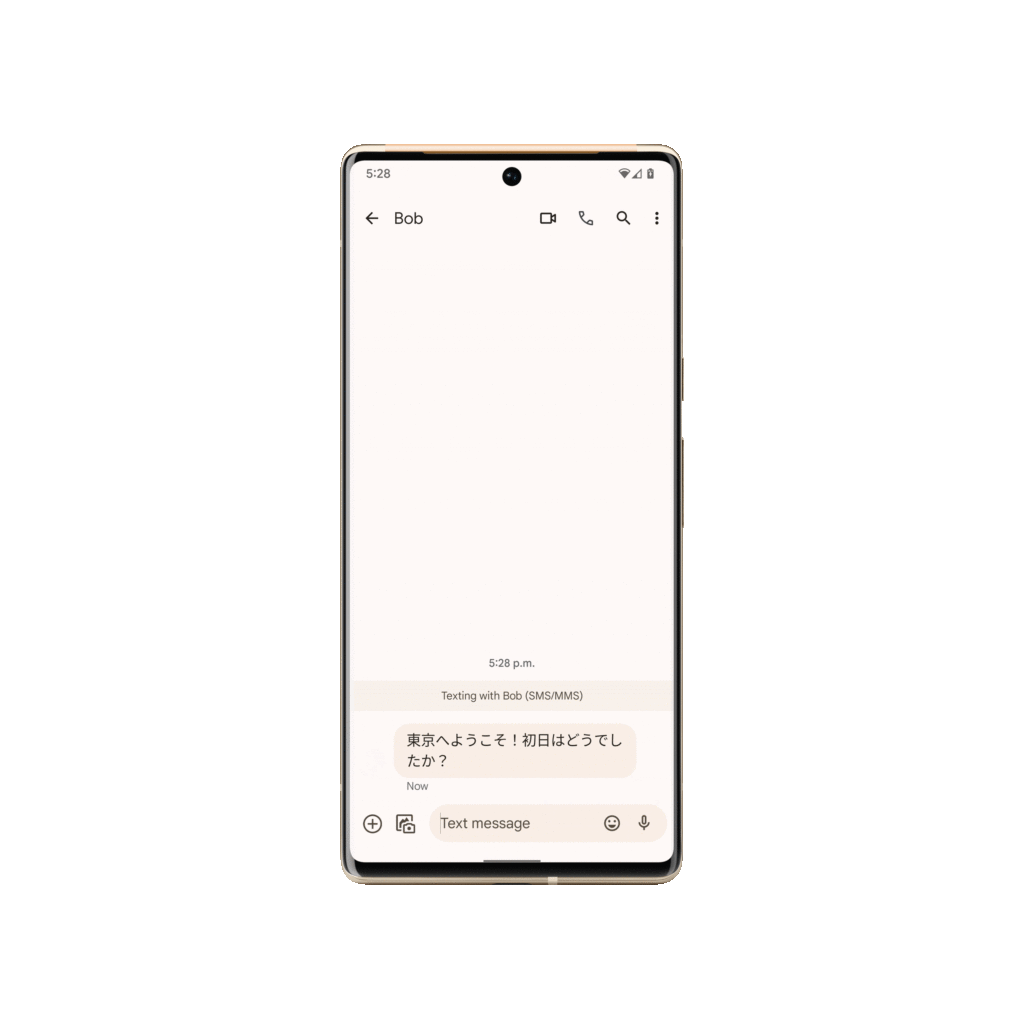
Of course, Google has not forgotten that the smartphone is mainly a communication tool. The smartphone started its life as a regular mobile phone device that is used to make calls remotely and untethered. It was a revolutionary tool that brough people closer together, without being physically close. The next step is to bridge the gap between people of different cultures and languages.
The Google Pixel 6 series’s Live Translate now encompasses everything within the smartphone. It now allows you to text in different languages without even knowing the language. For example, you could type your message on your chat apps like WhatsApp in English and have it translated to Japanese, or Italian, or French, or even German. You do not even need to jump between Google Translate app and your messaging app just to figure out the right word. All of this is done on-site too, so you are not even relying on your network data, nothing leaves your device in all these processing.
In situations where conversing with someone is key and is of the essence, the Pixel 6 series is really your best friend. The device has something called an interpreter mode and you just need to activate Google’s Assistant and say, “Be my interpreter”. It allows you to converse in up to 48 languages without knowing the language. The next time you travel, you know what to do.
Its speech recognition goes beyond that though. The Google Pixel 6 device now understands that when you say ‘send’, or ‘clear’, or ‘accept’, or ‘decline’, you are referring to commands rather than words. In that sense, you do not have to say, “Hey Google,” whenever you want to pick up your smartphone. Your message does not have to say, “Hey, shall we arrange for a night out? Clear,” or “Are you coming home for dinner? Send”. You can even ‘stop’ and ‘snooze’ your alarms without even touching your device.
Annoying Answering Machine? Not a Problem Too, just Direct My Call
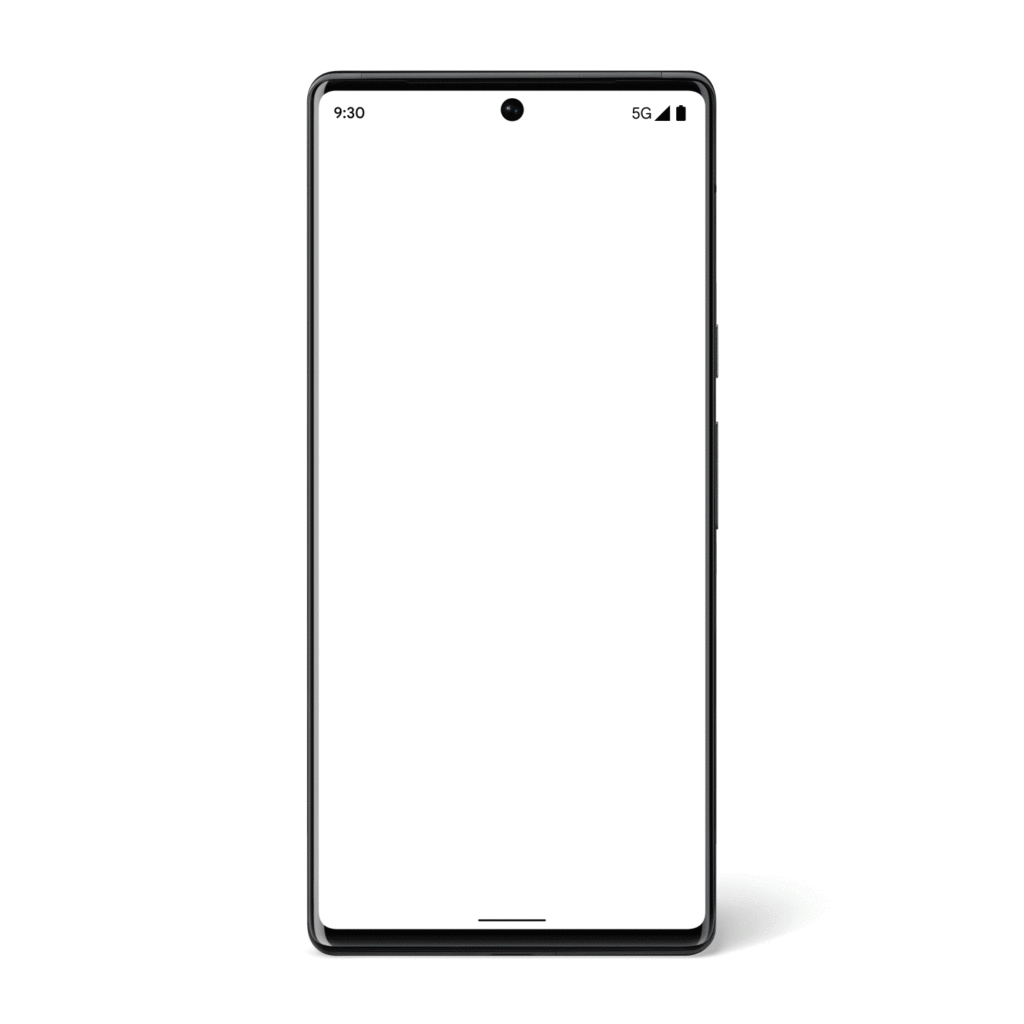
Google’s transcribing algorithm is also now implemented throughout the Pixel 6 device. They call it Direct My Call and that allows you to make calls to businesses and not feel the pain of interacting with the answering machine the regular way. Instead, Google Assistant now transcribes your call and displays your options in real-time on your screen for you to see. You can even select your next steps on your screen instead of pressing a number on your keypad.
Nothing is more annoying than having to wait endlessly for your call to get through when you need to speak to a representative though. That is when Wait Times and Direct My Call cleverly tells you the expected waiting time for when you make calls at each hour. Wait Times also allows you to see that particular data for the rest of the week, just so that you can plan your time better when you need to make the calls to the business line. The only downside is that all these technologies is only available in the United States (U.S.) and in English for now.
Prices and Availability
The new Google Pixel 6 series starts its pre-orders today in the U.S. and wills start at US$ 599 (MYR 2,490*). The Pixel 6 Pro will set you back US$ 899 (MYR 3,737*) but it will come with an extra camera sensor, a larger display, bigger RAM, and more storage. Google is expecting the first devices to hit the shelves in the U.S. on the 28th of October 2021.
You can also get the Google Pixel 6 with Pixel Pass. For US$ 45 (MYR 187*) a month, you get a Google Pixel 6 and subscriptions to Google One, YouTube Premium, YouTube Music Premium, and Google Play Pass and Preferred Care. The Pixel 6 Pro will set you back US$55 (MYR 229*) a month. Again, there are no confirmation on whether the Google Pixel 6 series will ever make it to Malaysia. We are hopeful though, but not entirely optimistic about its official Malaysian presence.
*Approximately based on exchange rate of US$ 1 = MYR 4.16 on xe.com as of 20/10/2021







